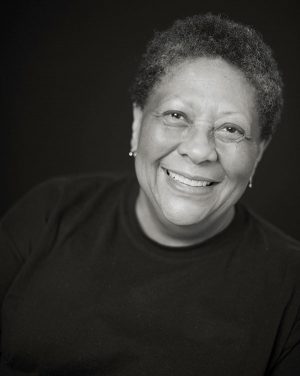Deadline Approaches for Dylan Thomas Prize
The deadline approaches for the International Dylan Thomas Prize, given annually for a book of poetry or fiction published in English in the previous year by an author between the ages of 18 and 39. The winner will receive £30,000.
Publishers may submit ten copies of a book published between January 1, 2016, and December 31, 2016, along with the required entry form, by Friday, November 4. Entries should be mailed to the International Dylan Thomas Prize, c/o Dr. Elaine Canning, Research Institute for Arts and Humanities, Keir Hardie Building, Room 405c, Swansea University, Singleton Park, Swansea SA2 8PP, UK.
There is no entry fee. Translations and self-published books are ineligible. E-mail or visit the website for complete guidelines.
The International Dylan Thomas Prize was established in 2006 in honor of Dylan Thomas, who, according to the website, was: “the quintessential adolescent writer, ideally suited to serve as an inspiration to young writers everywhere. The freshness and immediacy of his writing were qualities that he never lost. The Prize seeks to ensure that readers today will have the chance to savour the vitality and sparkle of a new generation of young writers.”
Recent winners of the prize include Max Porter for his novel, Grief Is a Thing With Feathers (Graywolf, 2016), Joshua Ferris for his novel To Rise Again at a Decent Hour (Little, Brown, 2014), and Claire Vaye Watkins for her story collection Battleborn (Riverhead, 2012).
The 2017 winner will be announced at an awards ceremony in Swansea, Wales, in May.





 Ohio-born Nelson, who currently serves as professor emeritus at the University of Connecticut, has written or translated more than a dozen works, and has received honors including the Newbery Honor, the Coretta Scott King Honor, and the Pushcart Prize. In addition to her awards, Nelson has served as the poet laureate of Connecticut, and has received fellowships from the Guggenheim Foundation, the National Endowment of the Arts, and the Poetry Society of America.
Ohio-born Nelson, who currently serves as professor emeritus at the University of Connecticut, has written or translated more than a dozen works, and has received honors including the Newbery Honor, the Coretta Scott King Honor, and the Pushcart Prize. In addition to her awards, Nelson has served as the poet laureate of Connecticut, and has received fellowships from the Guggenheim Foundation, the National Endowment of the Arts, and the Poetry Society of America. Beatty, fifty-four, is the first American author to win the prize. Of his winning book, 2016 chair of judges Amanda Foreman said, “The Sellout is a novel for our times. A tirelessly inventive modern satire, its humor disguises a radical seriousness. Paul Beatty slays sacred cows with abandon and takes aim at racial and political taboos with wit, verve and a snarl.”
Beatty, fifty-four, is the first American author to win the prize. Of his winning book, 2016 chair of judges Amanda Foreman said, “The Sellout is a novel for our times. A tirelessly inventive modern satire, its humor disguises a radical seriousness. Paul Beatty slays sacred cows with abandon and takes aim at racial and political taboos with wit, verve and a snarl.”